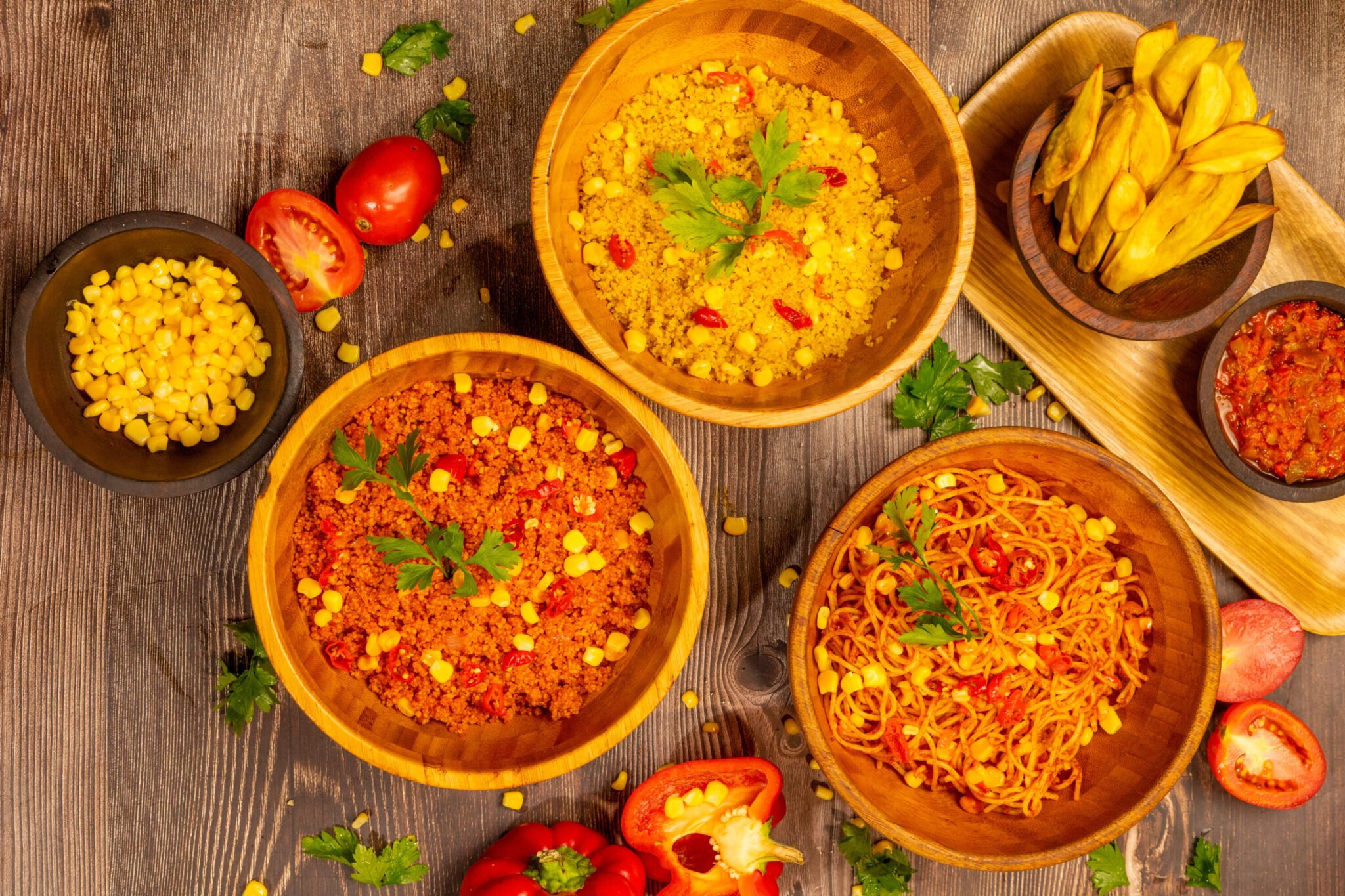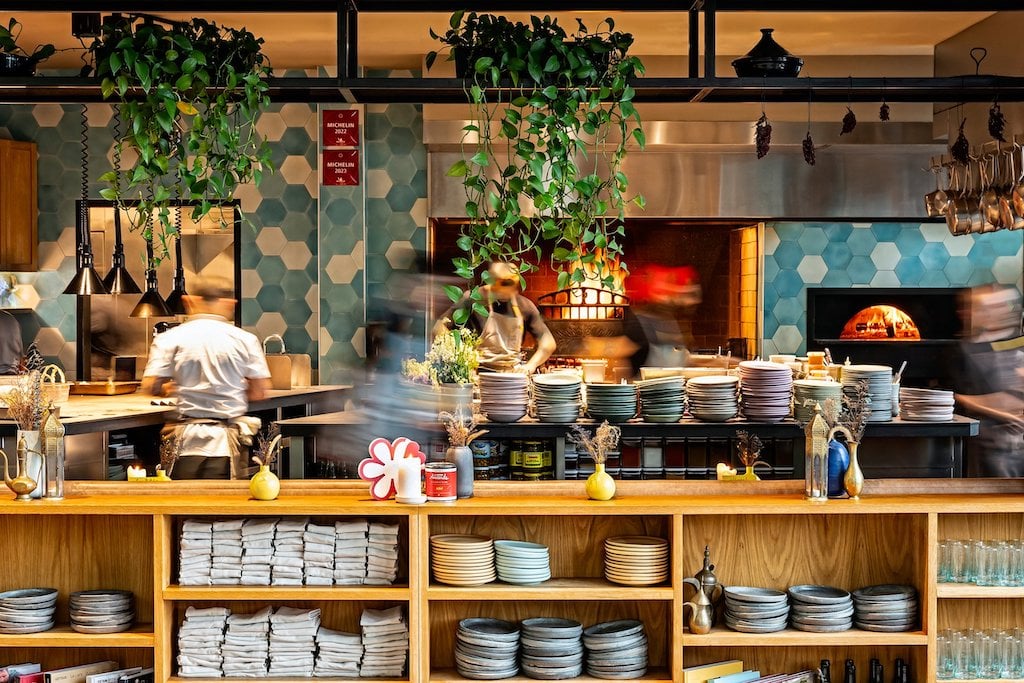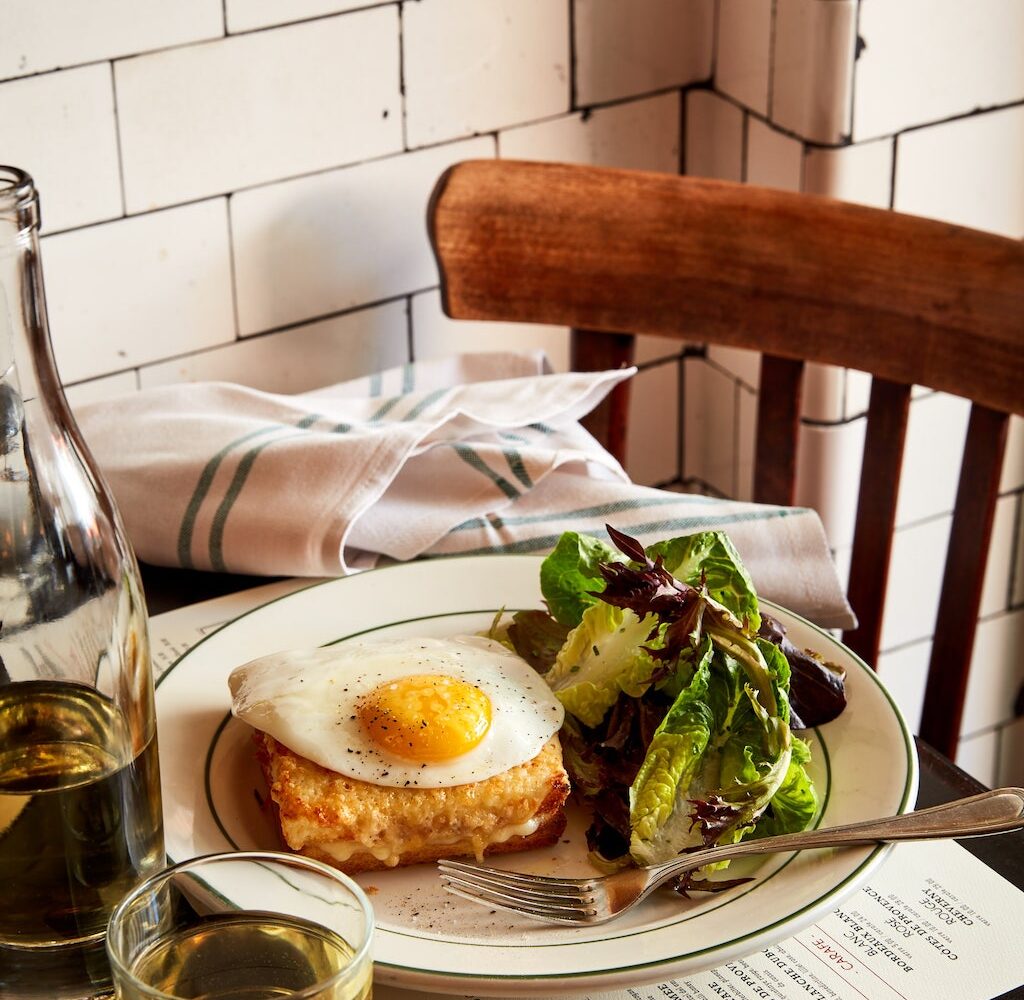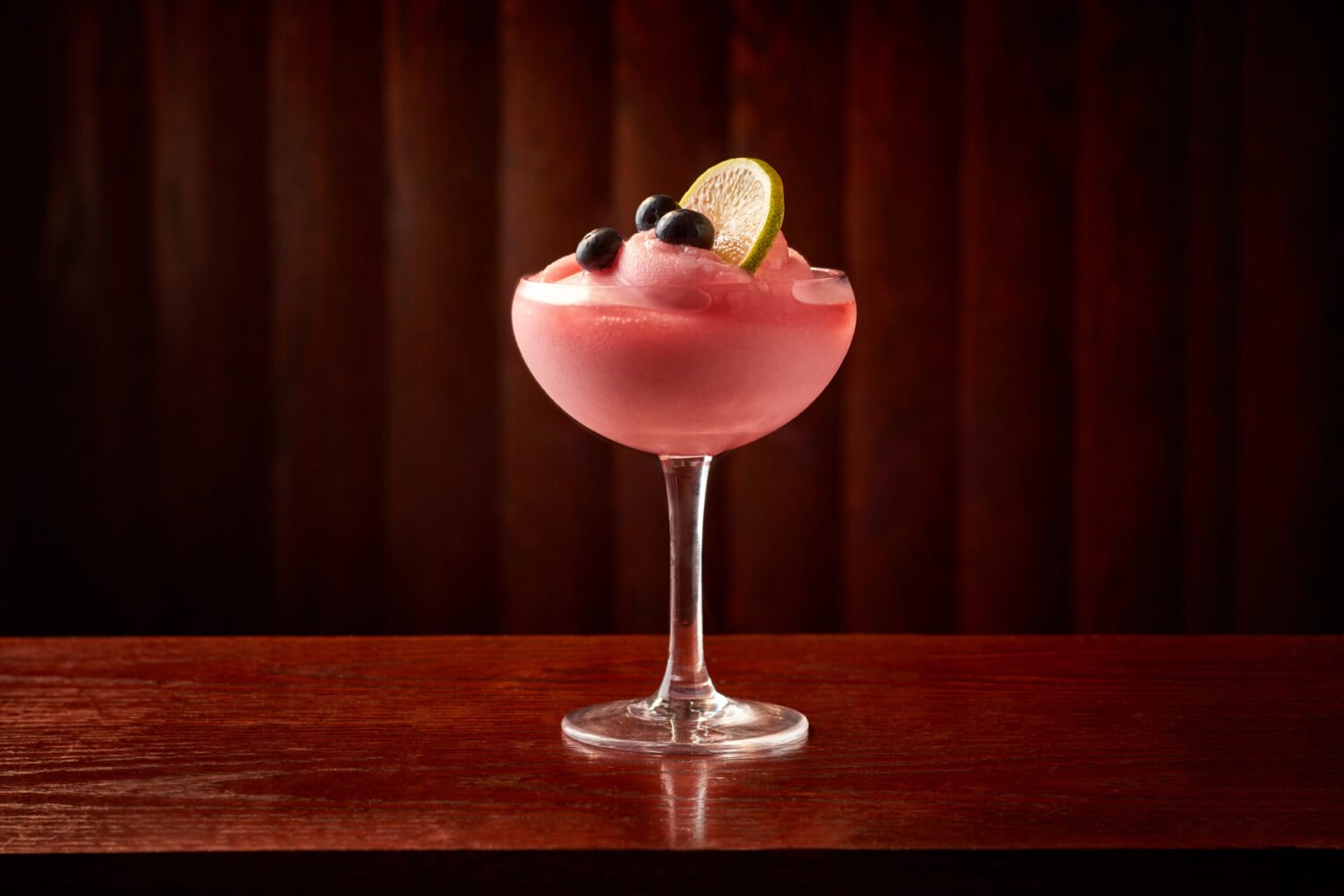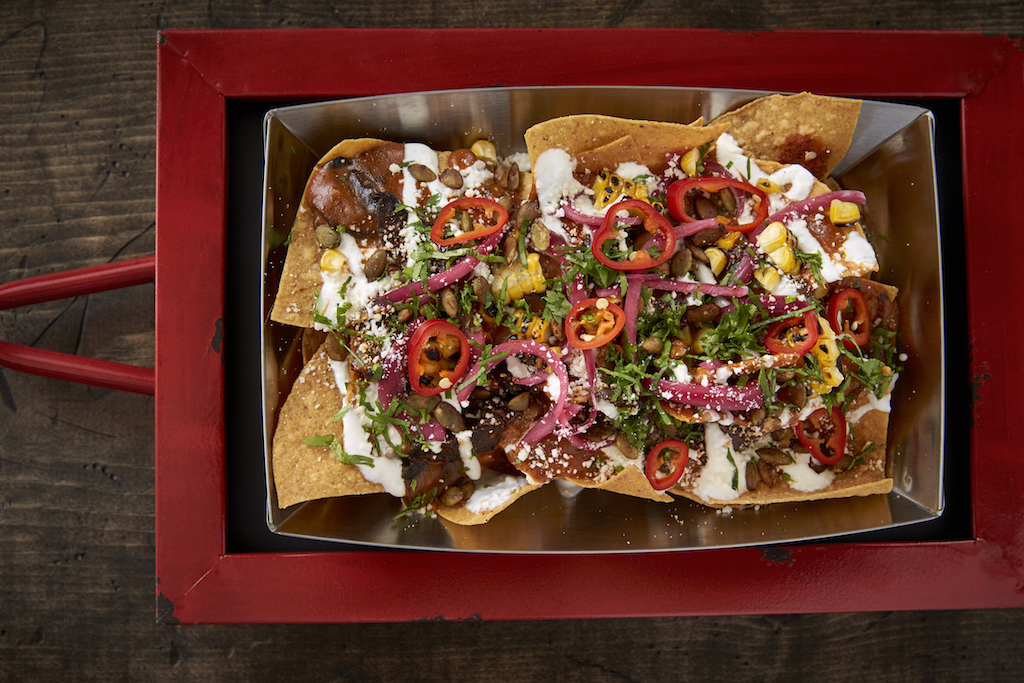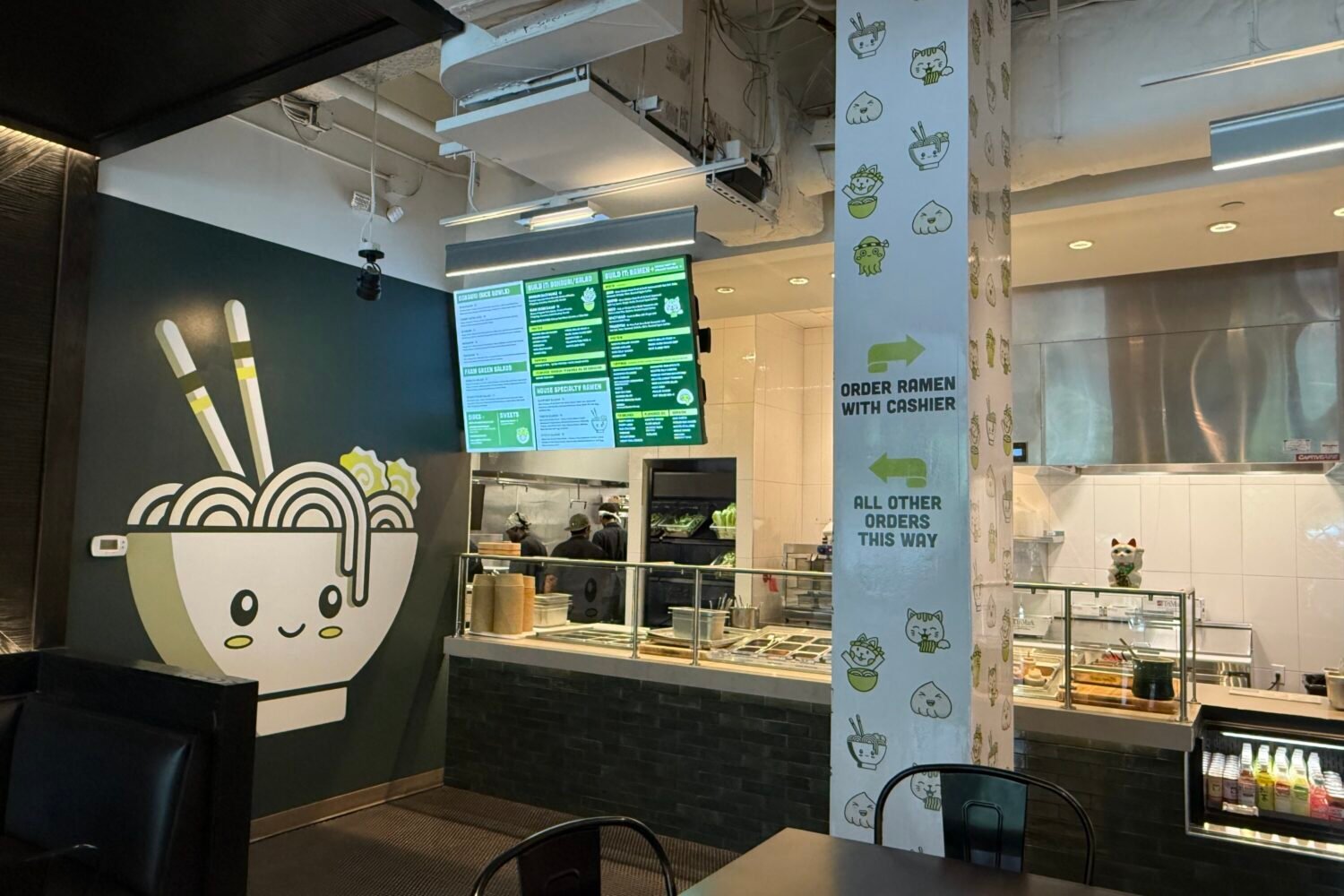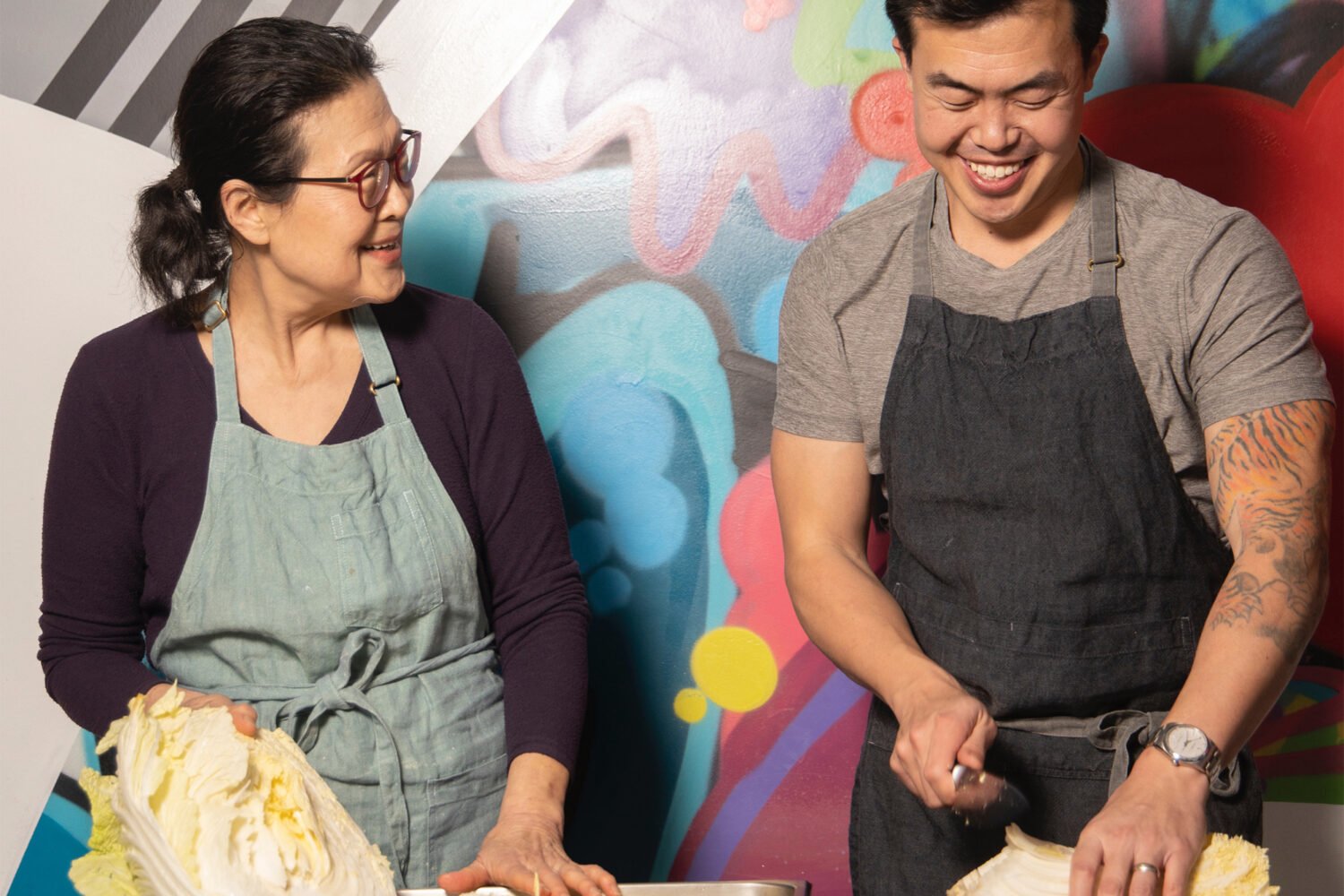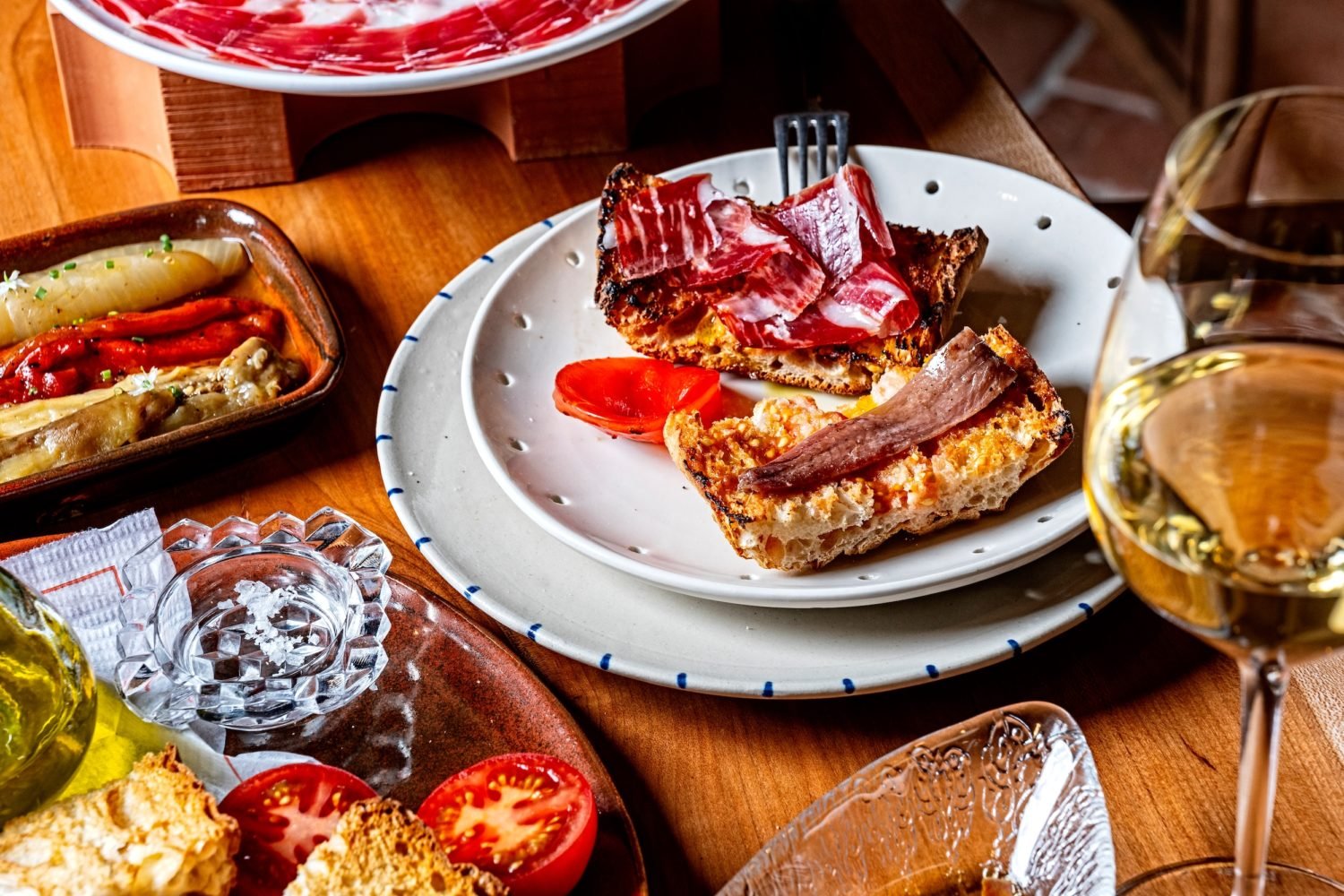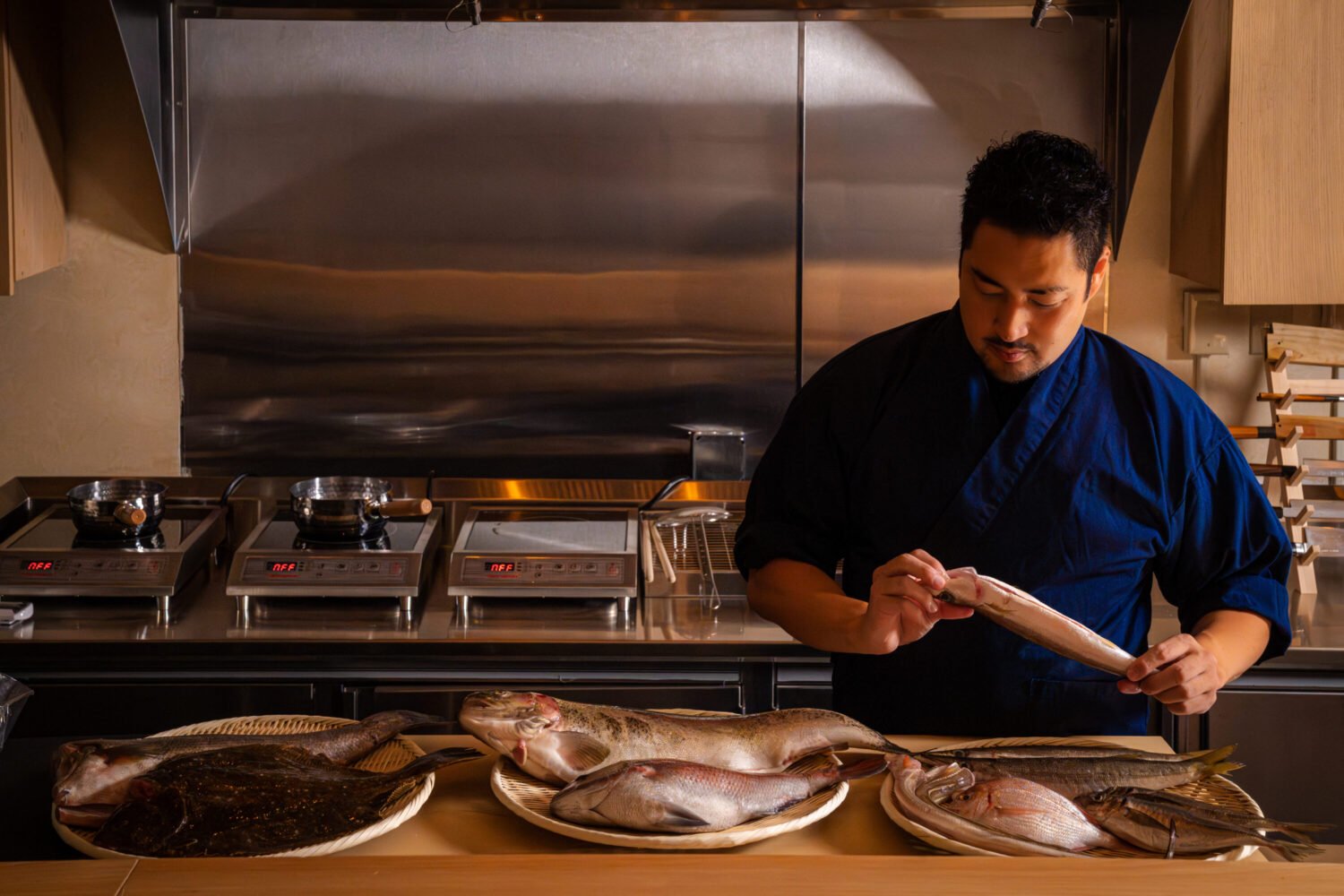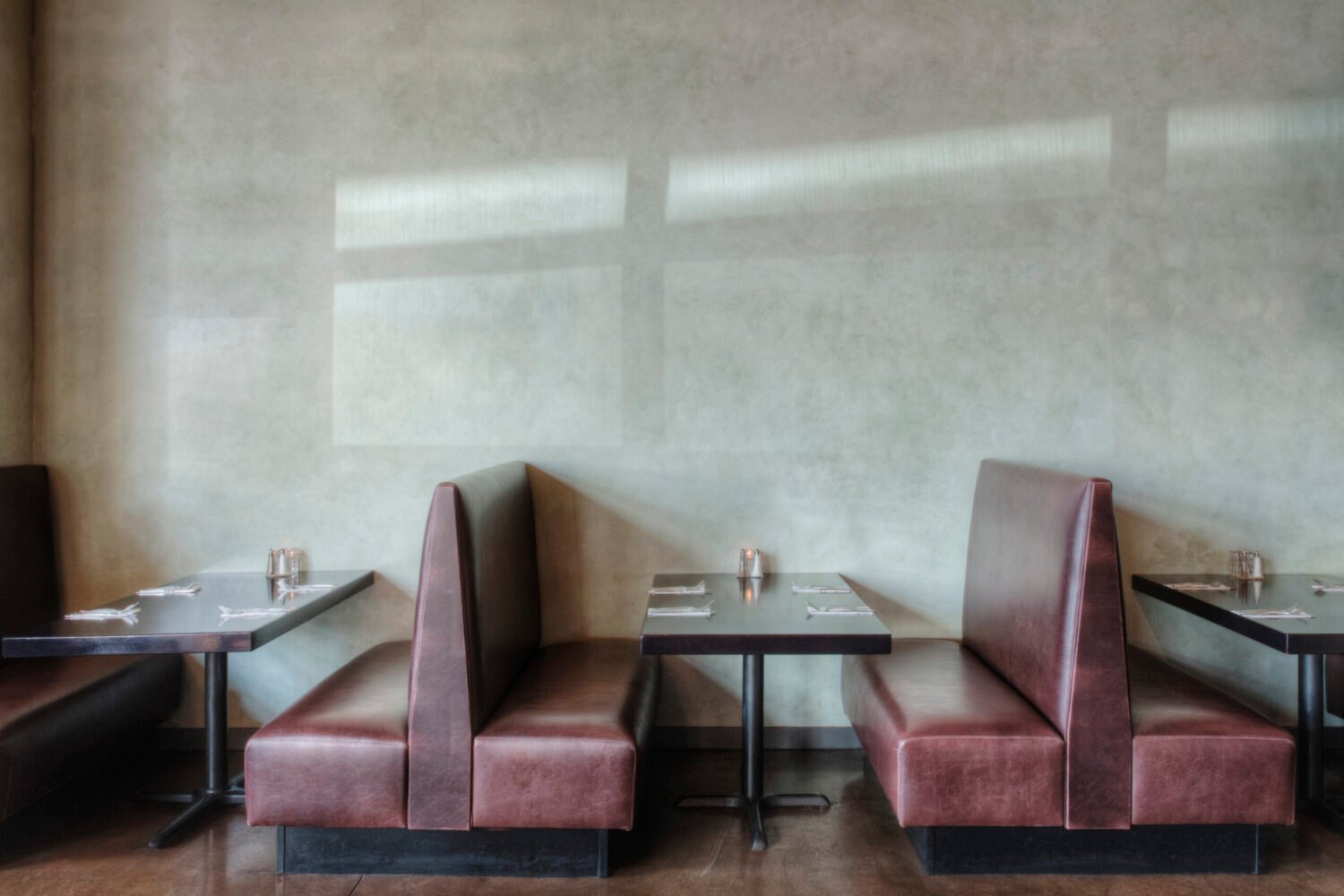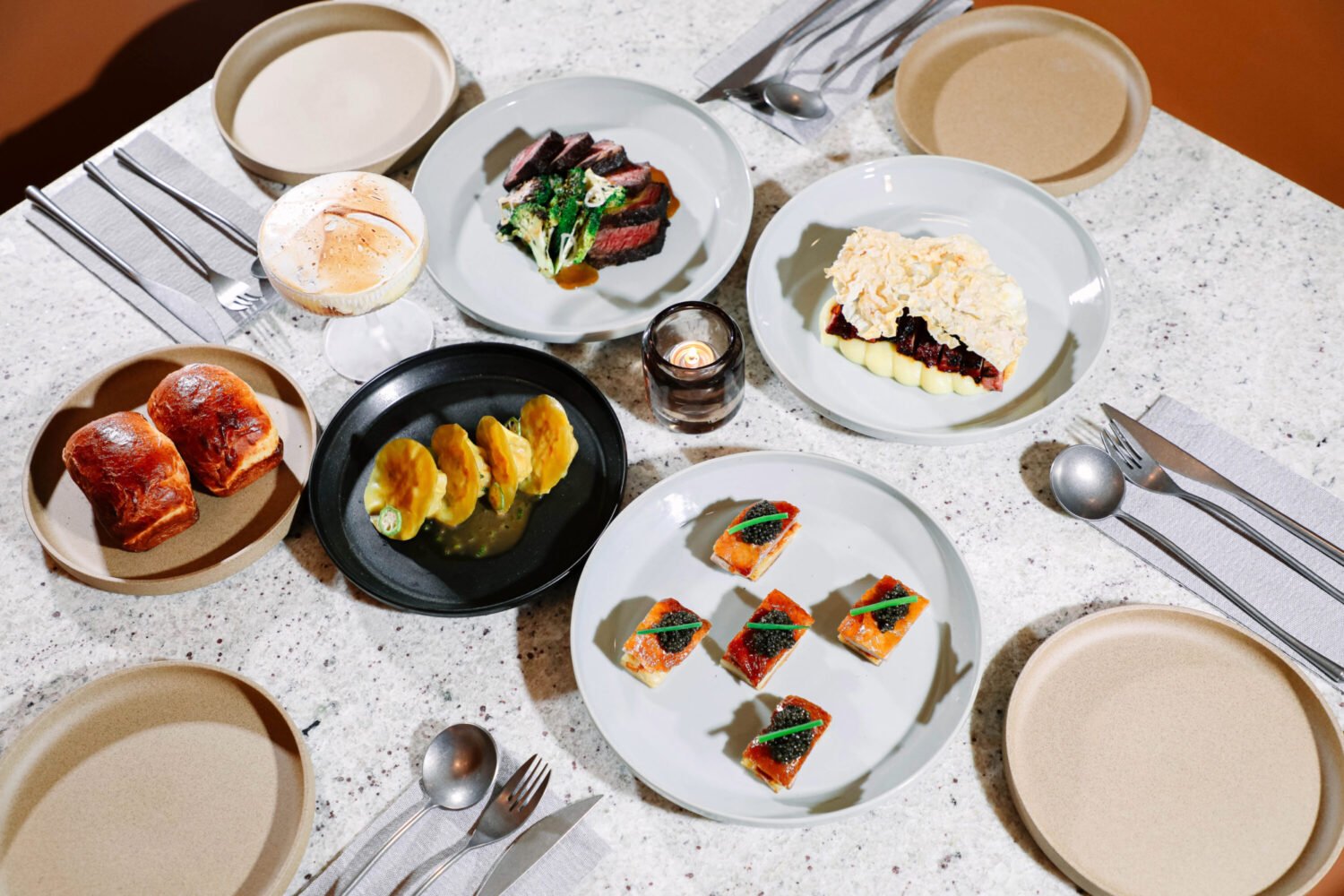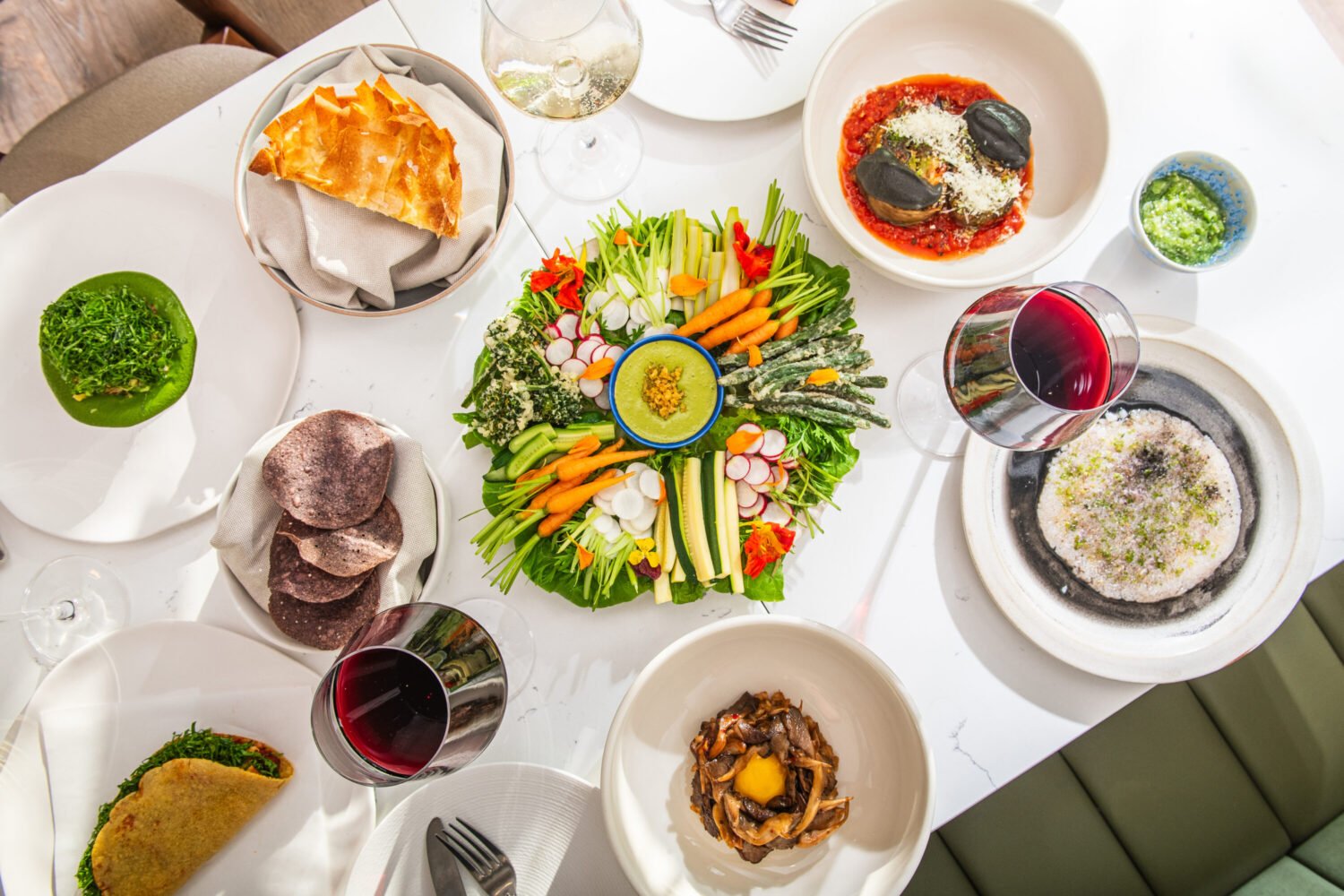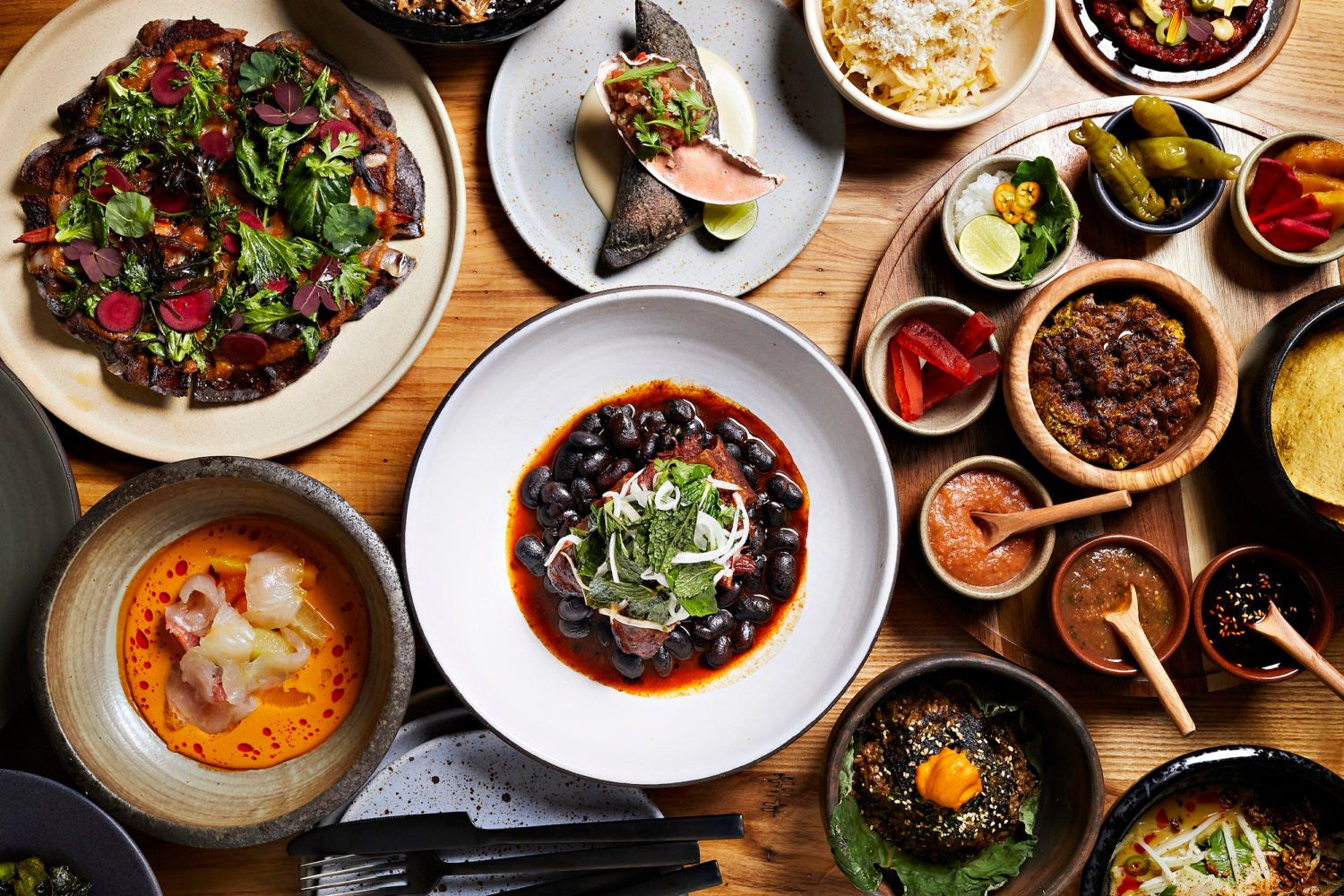Nuli. 1850 K St., NW.
When Ada Osakwe planned the first US location of her African-inspired eatery, Nuli, she knew jollof rice had to appear on the menu. She doesn’t offer the Nigerian staple at her six outposts in Lagos because it’s on every corner there, she says. But at the Square food hall on Monday, it will debut as a special for the launch of her new fast-casual spot.
“Imagine a Nigerian who works at the World Bank right here, and he’s just craving for lunch something that reminds them of home,” Osakwe says. “That’s the bowl they’ll get.” It’s a smoky jollof rice bowl served with fried sweet plantains called dodo, steamed bean cakes called moin-moin, and a habanero dipping sauce. The dish is one of the more adventurous options at Osakwe’s lunch and juice hub, which she says presents African-inspired ingredients in healthy and familiar ways for Americans.
The first food item Nuli offered was adapted from leftovers that Osakwe threw together from her fridge. She layered an old salad and tandoori chicken between naan from the previous night’s takeout. She smeared it with mayo and tossed it on a panini press. “And it tasted amazing,” Osakwe says.
Nuli’s zhuzhed-up version of this warm naan panini (or “naanini”) will be made using cassava flour naan cooked in a clay tandoor that sits behind the ordering counter. The wrap is gluten-free and, like Nuli’s other menu items, made with local produce.
Nuli also offers salads tossed with lemon and olive oil and dressings made with egusi melon seeds and Egyptian-style beetroots. Its stir-fried bowls can be made with jollof rice, couscous, or a nutty grain called fonio that is grown in arid parts of West Africa. Protein add-ons include tandoori chicken, sauteéd shrimp, boiled eggs, meatballs, and avocado. Osakwe says she wanted to show Americans the nutritious side of African cuisine.
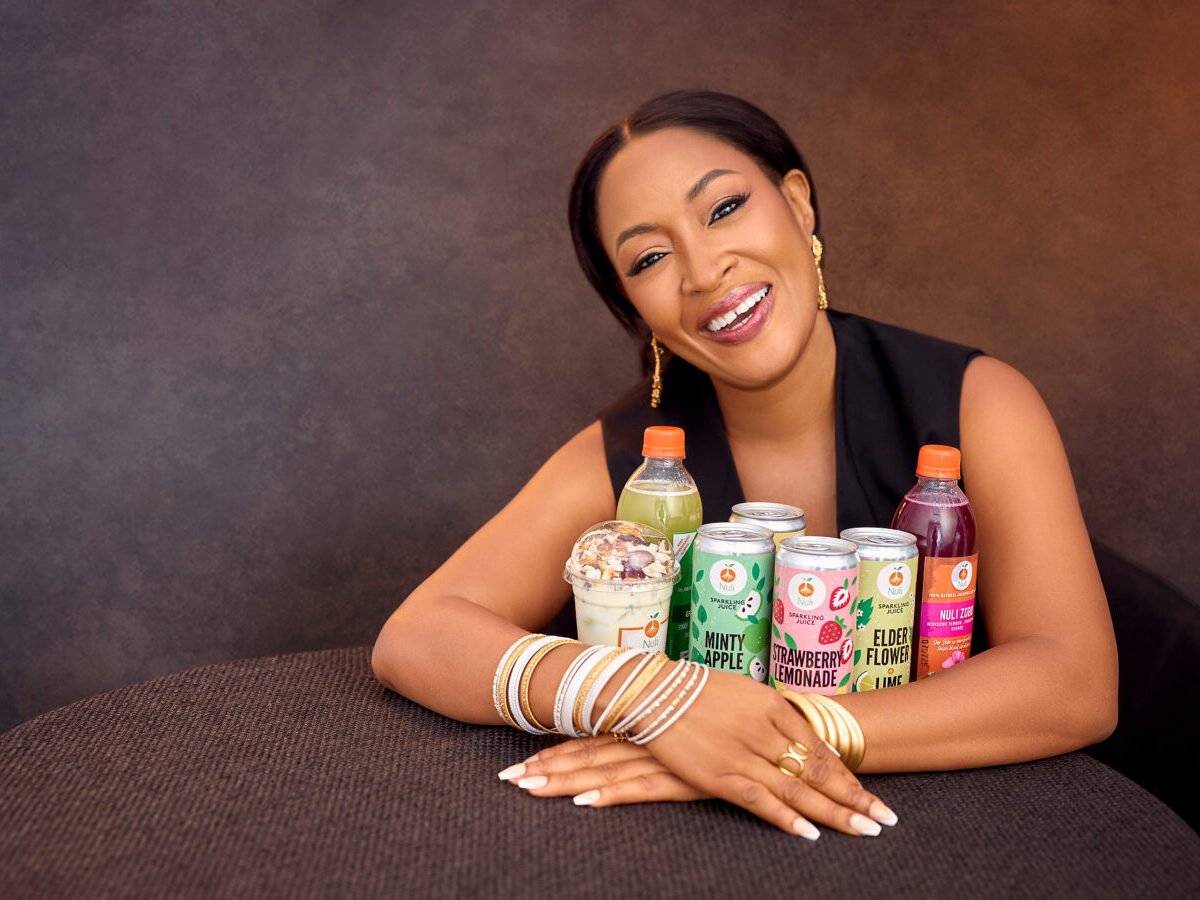
Nuli started as a juice company out of Osakwe’s kitchen. At the time, she was working at Nigeria’s ministry of agriculture, where she had learned that her home country imported billions of dollars of crops each year. She realized she could increase local food production as an entrepreneur. “Instead of just advising folks on where they should invest in agriculture,” she says. “I wanted to roll up my sleeves and build from scratch.”
In 2016, Osakwe added food to her menu but continued offering cold-pressed juices in flavors including hibiscus, ginger, and pineapple, as well as blended smoothies with ingredients like papaya, watermelon, and beets, with baobab and moringa powder mix-ins. That year, she opened her first storefront. (It wasn’t a smooth process: the government bulldozed this outpost over a dispute with the landlord. She spent the next day—her birthday—crying in bed).
But in 2019 and 2020, Nuli made Business Day’s list of the 100 fastest-growing small and medium companies in Nigeria. Osakwe, who Forbes named Woman Africa Businesswoman of the Year in 2021 for her agriculture business venture, plans to open more locations across the US and internationally.
She also plans to donate some of her profits to the female growers who produce the fonio Nuli serves. “It’s more than just purchasing the fonio from them,” she says. “It’s also: how do they share in our growth, in our success, and how do they become true partners?”

